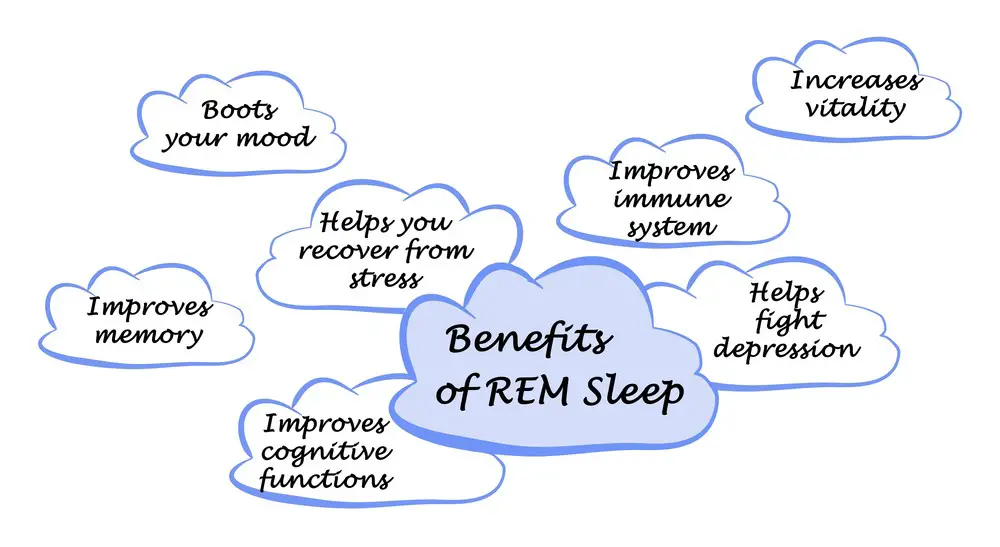As a BetterHelp affiliate, we receive compensation from BetterHelp if you purchase products or services through the links provided
Sleep is something you can’t live without; it’s the rest your body needs after a long day. According to the Sleep Foundation, adults need roughly seven to nine hours to function the next day fully. Unfortunately, most people need help to get the right amount of rest.
As a result, the following day will be tough, impacting your overall mood and energy. Certain lifestyle factors can hinder your sleep quality, but you can significantly improve your sleep with these tips.
1. Invest in a Mattress Pad
Sometimes the mattress you’re lying on is why you’re tossing and turning all night. It may be too firm or doesn’t give your body the proper support to keep you sleeping peacefully. Furthermore, buying a new mattress altogether can be pretty expensive.
It would be in your best interest to invest in a mattress pad. These bed coverings are soft and ensure a better night’s sleep. They come in different thicknesses, so you’ll be able to find one that complement’s your body throughout the night.
2. Create a Bedtime Routine
Many people find themselves unable to sleep at night because of the residual stressors from the day. Work emails, projects, or social media interactions plague your mind, and if you don’t unwind before bed, your mind will run rampant, preventing you from sleeping. That’s why it’s essential to create a bedtime routine.
Doing so helps your mind relax and gets you ready for bed. You can dim the lights, read a book, take a bath, or listen to soothing music. Stick with your decision so your body gets accustomed to this routine, making getting a good rest more straightforward.
3. Exercise During the Day
Exercising can help your energy levels since it helps alleviate the sleepiness. You’ll feel more energized throughout the day and be able to tackle your tasks without any issues. However, it’s essential to know the right time to exercise.
Exercising can also impact your metabolism and body temperature. While these aren’t an issue if you work out in the morning or afternoon, they can if you work out at night. Exercising too close to bedtime can impact your sleep since your body still needs time to wind down. If you want to do something light before bed, try yoga or gentle stretching, which helps promote better sleep quality.

4. Limit Blue Light Exposure
Many people are guilty of scrolling on their phones before bed. But they are also unaware that it hurts to sleep. Phones and other devices emit blue light, making your brain think it’s daytime. That’s why you may find it harder to sleep peacefully when it’s time for bed.
Limiting blue light exposure before bedtime is best to improve your chances of having quality rest. While it can be challenging, there are ways to block contact with blue light, such as:
- Wearing glasses that block blue light
- Downloading apps on your devices that block it
- Staying off your phone and other devices at least two hours before bed
5. Watch What You Eat Before Sleeping
Your diet can affect your sleep quality. The number of fruits and vegetables eaten throughout the day will directly affect how quickly you fall asleep and the length. But you should also be wary of what you’re eating before bed.
If you eat close to bedtime—roughly two hours before—your body will have difficulty digesting the food, making it challenging to fall asleep. Foods with a lot of sugar or refined carbs, like bread and pasta, can create sleep difficulties. Furthermore, drinking alcohol or caffeine before bed can keep you up all night.
Try to limit eating these foods before bed. And if you want to eat something to promote sleep, try yogurt or a light whole-grained cereal.
6. Limit Your Daytime Naps
When you’re tired during the day, you may take a nap to recover some energy. Sometimes, they work and can give you the boost you’re looking for; other times, they can lower your energy levels and make your feel groggy. But that depends on their length. At most, naps should be at least 15 to 20 minutes long.
If they happen to be longer, your nighttime sleep will most likely suffer the consequences. Long daytime naps confuse your internal clock, which is why you might be up during the night. Although the effects may vary between individuals, setting the alarm for a daytime nap is the best practice to ensure you don’t oversleep.
Improve Your Sleep With These Suggestions
Sleep is essential for your overall well-being. However, lifestyle factors can impact your sleep quality. Look at the tips to see where you can make changes. Then incorporate them and a solid rest without any interruptions.
FAQs
This site contains affiliate links to products. We will receive a commission for purchases made through these links.



